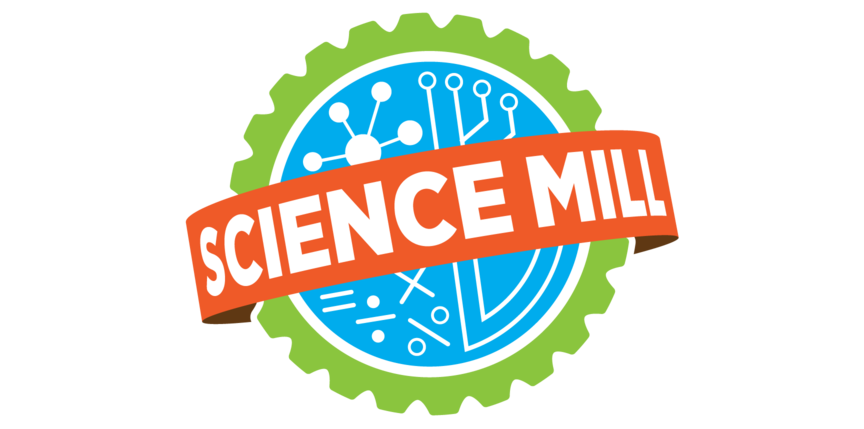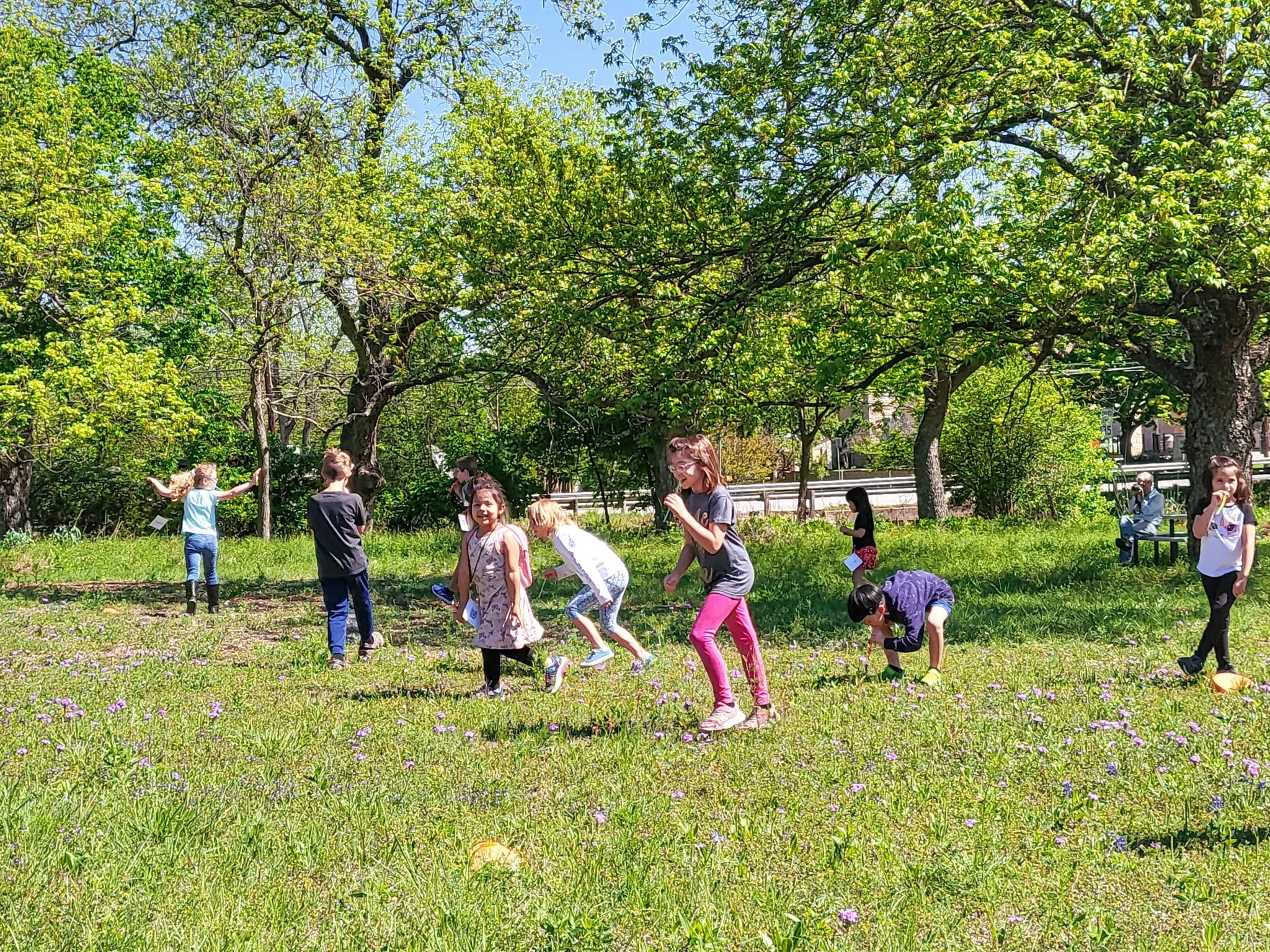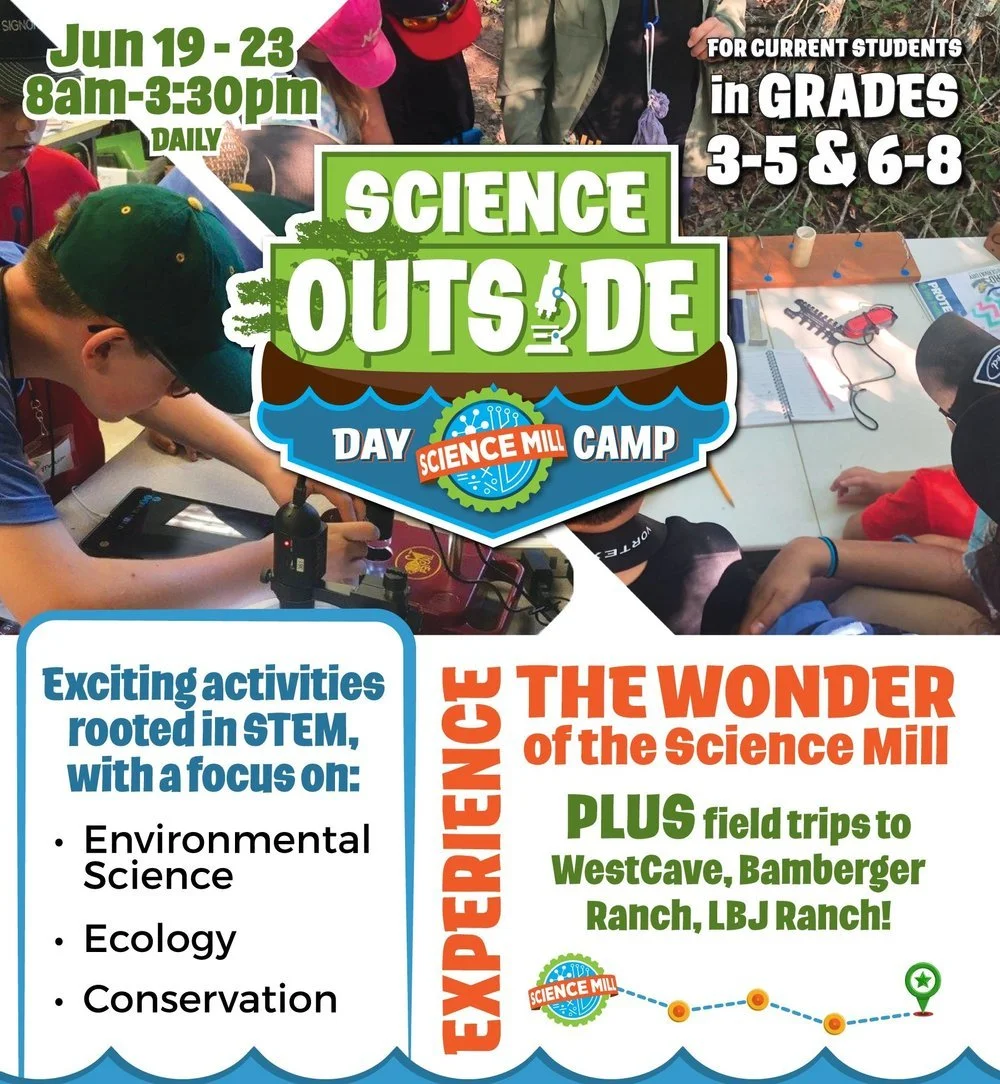Move your body and your mind will follow 🏃
Did you know that moving and going outside is associated with higher brain function? Allowing kids the time to explore and be creative while being out in nature helps build physically healthier bodies and stimulate cognitive development - not to mention, great for their health and happiness!
Here are the top 5 benefits of encouraging children to explore outdoors:
It improves executive function
Executive function refers to the skills that help us plan, prioritize, troubleshoot, negotiate, and multitask. Researchers at Harvard have linked going outdoors to an improvement in these abilities, which play a big role in their success as adults. How? When children are allowed to spend time outdoors, especially with other kids, they exercise creative and critical faculties as they learn to make up their own games, socialize with others, solve small problems, and entertain themselves.It supports their mental health
It’s no secret that nature is great for one’s mental health. Children who spend time outdoors, breathing in fresh air and getting plenty of sunshine, are less likely to experience severe stress or depression, and are better equipped to regulate those emotions.It improves their sensory skills
Being outdoors exposes children to an incredible amount of stimuli—all sorts of textures, shapes, scents, sounds, and sights. This multisensory stimulation helps them develop observational skills and spatial awareness as they are able to learn and interact with the world using all their senses. In contrast, those who learn primarily through a computer screen engage only their sight and hearing, which can negatively impact their other perceptual abilities.It develops their immunity
Sunlight doesn’t just feel great, but it actually plays a vital role in human health! For instance, sunlight helps stimulate the pineal gland which helps keep our immune system strong. Regular exposure to the many non-harmful microorganisms that keep our environment alive also helps “train” our immune system so in the event of a pathogenic infection, our bodies are better equipped to respond. Being in a completely sterile environment for most of the time actually weakens the immune system as it becomes unable to determine what is and isn’t safe. Occasionally getting your hands muddy is as beneficial as it is fun!It builds physically healthy bodies
Aside from immunity, regularly spending time outdoors is a great form of exercise! It helps with their motor development, sense of balance, and bone strength through getting a healthy dose of vitamin D from sunlight. Who knows, this play may lead to an interest in sports as well!
There are plenty of ways to encourage your kids to spend time outside (if they don’t already demand it!), which include biking or walking together as a family, scheduling outdoor playdates, or regularly enrolling them in summer camps like the Science Outside Summer Camp!
The Science Outside Summer Camp 2023 is a week-long camp that includes lots of exciting, engaging time at the Science Mill and field trips to Westcave Outdoor Discovery Center, Lyndon B. Johnson National Historical Park, and one overnight at Bamberger Ranch Nature Preserve. Activities cover Environmental STEM topics such as: Conservation and Land Stewardship, Water Resources, Wildlife Biodiversity and Resilience and Geology!
This year, the summer camp will take place on June 19-23, 8am-3:30pm each day. Register now while slots are still available!
This summer camp is part of the Science Mill’s year-long Science Outside! Program. Developed for 3rd-8th grade students in the Hill Country region of Texas, the Science Outside! program is focused on exposing kids to outdoor based STEM skills, tools and careers, within the realm of environmental science and ecology. Science Outside! is a combination of community outreach, Saturday family engagement workshops and a 5-day summer camp designed to get kids interacting with their families outside in nature. Students learn through inquiry-based exploration at the Science Mill and at partner locations in our community. Learn more here.










